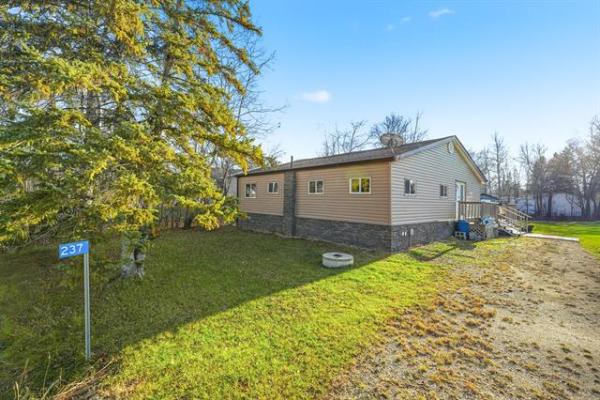Question: What type of screening would you recommend for a screened porch, with no glass, to keep out squirrels? This is for a cottage at the lake where the squirrels chewed a hole in the metal screen and then proceeded to try and invade the cottage, itself. Fortunately, we caught it early on and were able to oust the persistent critter.
We are now looking for ways to prevent another such incident.
Thanks in advance for your help.
Shirley Bestvater.
Answer: Installation of more rigid metal materials may be the only way to prevent squirrels, and other pests, from entering your cottage through your screen porch, while you are not there. Unfortunately, these will alter the look of your bug-screen only room, and may not be to your satisfaction, aesthetically. In that case, the solution may be to ensure the screens are in perfect condition and immediately replace any that are in any way deteriorated.
Keeping pests out of your summer home can be a challenge, especially when you are not there to observe these potential invaders at all times. While tree and ground squirrels may be some of the most bothersome, they are not the only naturally occurring creatures that we have to contend with. The reason you have screens on this room, in the first place, is primarily to prevent insects from entering your living space.
Most annoying may be mosquitos, which can be quite pervasive in lake country due to large areas perfect for breeding in the hot, humid summer conditions. Aside from preventing accumulations of standing water near your property, which can be excellent breeding sites, there is not much that can be done to stop mosquitos. So, the next best option is to prevent their easy entry into your domicile. The best method for this is to ensure there are no openings in the building enclosure that will easily allow them to fly in. Because we want as much open space as possible, and to ensure adequate ventilation for natural cooling, we often have large open porches, decks, or verandahs. Especially after dusk, these open areas are a magnet for mosquitoes and other flying insects, so we often screen in these locations for comfort.
Because of the large areas of screened sections of a typical porch or verandah, it may be difficult to install rigid and durable enough screens to prevent damage. Tree limbs and debris, rain, snow, and even mechanical damage from pets and human occupants can weaken these screened windows. Once weakened, they may be more susceptible to entry by rodents and other critters with sharp claws and teeth. The best method to prevent this, especially when the cottage is not occupied, is to install large windows. These could be proper ones with sealed units, or single-pane storm windows, but should have glass fully enclosing the openings when not in use. When closed, these will ensure that no small pests enter the building by damaging the screens, but will also prevent deterioration inside the porch due to precipitation. The two negative aspects of this are loss of some ventilation and the obvious cost.
If full windows are not in the cards, and you desire to maintain the screen-only aspect of your porch, installation of new metal mesh will be a must. Often, pests gain entry through screens that are partially damaged or deteriorated. If you have older screens, they may be corroded, sagging, loose, or otherwise worn out. In that case, it may be very easy for an enterprising squirrel to locate the defect and exploit it. The first item should be to ensure the screens are in top notch condition, or they should be replaced right away with new aluminium screens. These metal screens will be fairly durable and corrosion resistant, as well. If they are properly installed, with limited slack, it may be sufficient to send the local rodent population in search of easier prey.
If you are looking for a more durable alternative, you could add a second layer of metal mesh to the screened sections. The best product I have found for this is often referred to as "hardware cloth". This aluminium mesh has square openings often ranging from around 10 to 25 mm. These are too large to stop insects, but the heavier gauge of this material is ideal for prevention of damage by small mammals. So, the solution is to use this in combination with traditional bug screening, to reinforce a weaker screened window. The downside is that this may dramatically alter the aesthetics of the room, to the point where it may be difficult to easily see through to the exterior. This may partially defeat the purpose of the screens, and may not be an acceptable option, even though it will stop the squirrel intrusion.
Installation of addition reinforcing material inside your existing screen windows may be one way to prevent future damage and entry from local rodents, but may look bad enough to search for alternatives. The simplest defence may be to regularly inspect the existing metal screens and rapidly replace any that are showing signs of wear or corrosion, with new aluminium screening, to prevent easy damage by industrious squirrels.
Ari Marantz is the owner of Trained Eye Home Inspection Ltd. and the past president of the Canadian Association of Home & Property Inspectors — Manitoba (cahpi.mb.ca). Questions can be emailed to the address below. Ari can be reached at 204-291-5358 or check out his website at trainedeye.ca.



